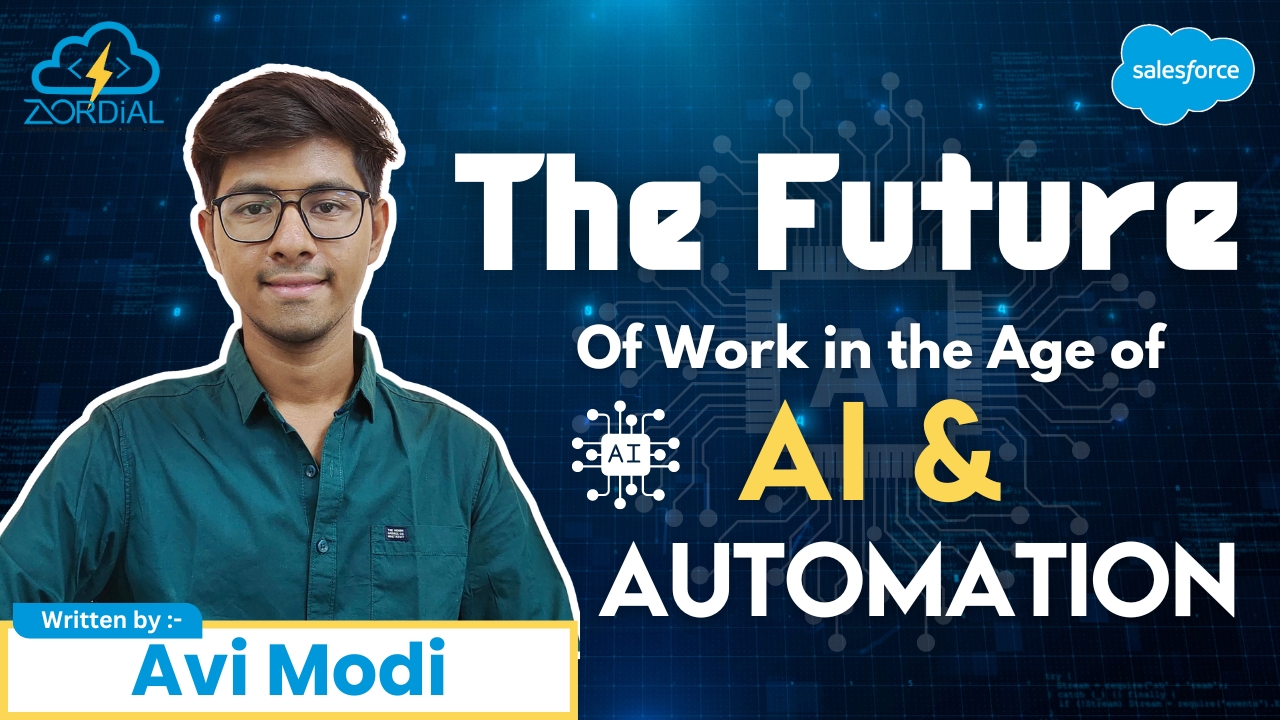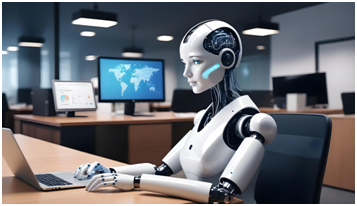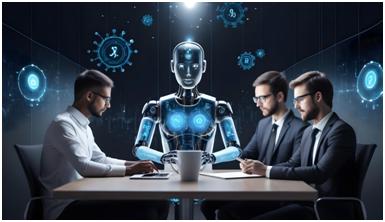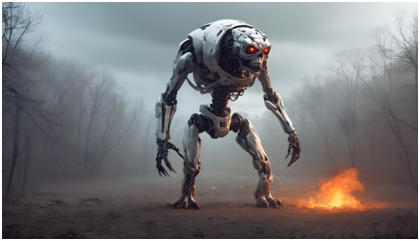The Future of Work in the Age of AI and Automation
The Future of Work in the Age of AI and Automation

Introduction
In this century there have been great changes in the way things are done. The cause of this has been rapid technological advancements in offices worldwide, which were made possible due to the availability of computers. AI and automation have been the key players in this revolution, completely changing various industries, renewing job descriptions, and re-engineering our work culture. As we navigate through this period of rapid revolutions, it is important to understand a lot more about what it means to the future of work.

The Rise of AI and Automation
AI’s rise to dominance and automation was driven by machine learning technology breakthroughs as well as data analytics and robotics. These technologies are increasingly being integrated into various aspects of business operations such as manufacturing and logistics, finance, customer services among others. Algorithms that are powered by AI can process huge volumes of data; automate repetitive duties while giving close-to-perfect predictions. It also means streamlining workflows, reducing manual labor efforts and improving overall efficiency. So companies whose workplaces are fast-paced have an edge over their competitors who aren’t as responsive.
Impact on Job Roles
The adoption of AI and automation in the world has turned employment upside down whereby it is both good and bad for people. Some occupations may experience automation whereas others get brand new opportunities from areas like data science, artificial intelligence engineering and human machine communications.
However, the nature of work is changing with more focus on abilities such as critical thinking, problem-solving capabilities and emotional awareness. This brings out the significance of creative jobs, empathetic jobs and complex decision-making that are less likely to be automated thereby indicating that skills centered on humans will dominate tomorrows’ working class.
Collaboration between Humans and Machines
The work of the future won’t be replaced by AI and automation; it will be characterized by collaboration between humans and machines. Employees can make use of AI-powered tools for decision making, data analysis or task automation resulting in a situation where they take up higher level strategic activities that require human judgmental thinking as well as creativity. The symbiotic relationship between humans and machines can be used to drive innovations and improve productivity. Nonetheless, such shifts in mindset within an organization demands a change of organizational culture to accept technology as an extension of human capability rather than a source of job insecurity.

Upskilling and Reskilling
If people are to prosper in an era dominated by AI and automation, they must adjust themselves accordingly so as to suit the changing job market. Upskilling programs or reskilling initiatives enable workers to be relevant in a rapidly transforming labor market. Governments, employers, as well as academic institutions need to take part in providing training and education programs that can equip employees with employable skills for tomorrow’s jobs. In order to remain competitive in today’s job market, it is essentially important for lifelong learning which focuses on developing digital economy skills without which one could easily be rendered irrelevant within no time.
Challenges and Considerations
Despite having numerous opportunities, AI with its automation also presents various challenges to the future of work. For a just transition into digital economy, some issues have to be addressed. They include job displacement, income inequality, algorithmic bias, etc. Hence there is need to address ethical concerns related with AI particularly in the workplace such as privacy, transparency, accountability etc., so that through the exercise, ethical standards are upheld while human rights at work place are safeguarded.

Conclusion
The future of work is driven by AI and automation, which introduces a new stage for effectiveness, efficiency and creativity. Thus, considering this fast-changing environment demands that we give precedence to upskilling and reskilling projects, enhance synergies between humans and machines and tackle the ethical issues as well as socio-economic concerns related to the workplace application of AI systems. Consequently, with a view to change adaptation and tapping into potentialities such as AI can lead us towards a prospect where work becomes more meaningful, embracing everyone without discrimination or bias of any kind.



